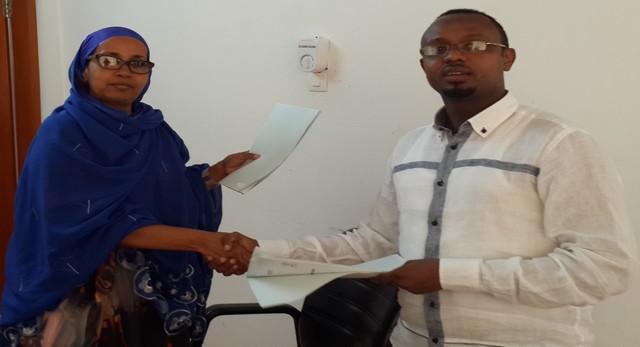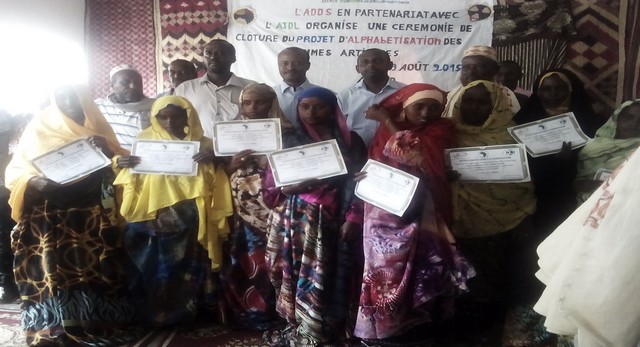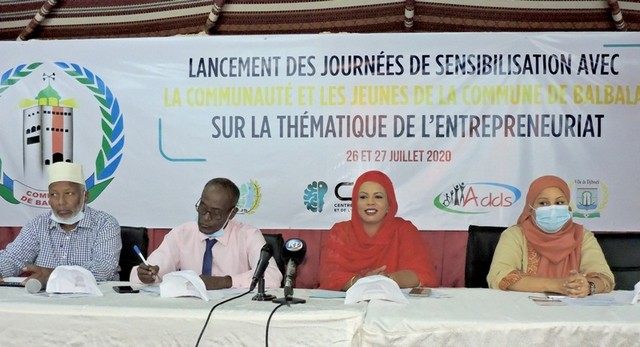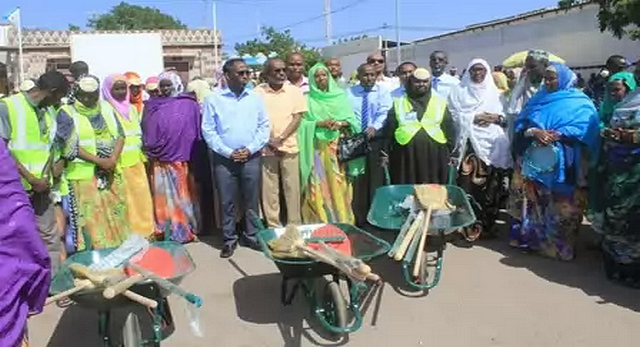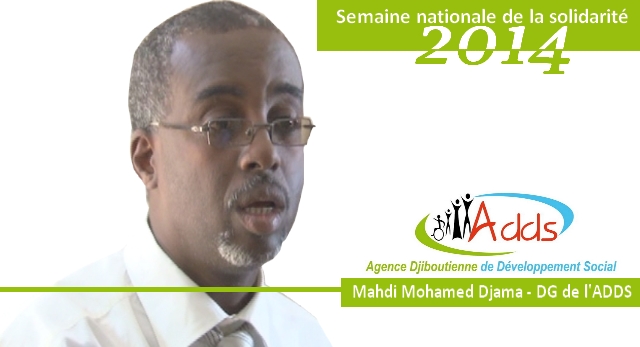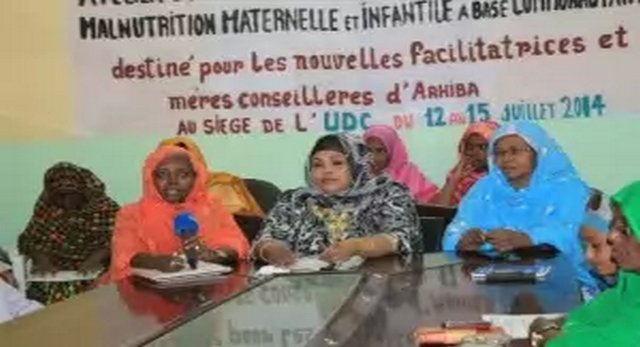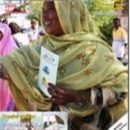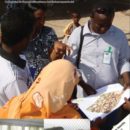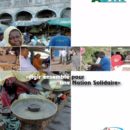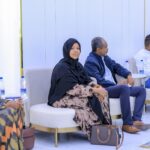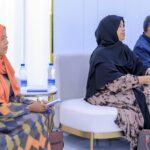Popular Savings and Credit Unions (CPEC), like all mutual microfinance institutions in the world, held an annual meeting to review the activities carried out and to renew their management bodies. Since their launch in 2008, CPEC injected a credit volume of over one billion three hundred million of our francs for financing economic activities of its members. They mobilized savings of over twenty two thousand people.
The sector of microfinance in Djibouti is booming since the establishment of the first credit unions in rural areas since March 2011. Specifically, three major institutions, under the name of CPEC (popular savings and credit unions) offer their services across all regions of the country. They are mainly installed in the capital for the CPEC of Djibouti, which serves all areas of the city and district of Arta, Tadjourah and Obock for North CPEC, Dikhil and Ali SABIEH for CPEC South.
The CPEC mutual institutions are cooperative character that bring together all people who share an alternative establishment of common link for increasing access to financial services for all socio-economic groups in the country, including micro- enterprises, the informal sector, women and youth entrepreneurs. Therefore, they have a vocation for public utility belonging to the Djiboutian people and helping them to strengthen their socio-economic well-being.
Since their launch in 2008, CPEC injected a credit volume of over one billion three hundred million of our francs for financing economic activities of its members and mobilized savings of over twenty two thousand people.
The CPEC, like all mutual microfinance institutions in the world, held an annual meeting to review the activities carried out and to renew their management bodies.
With the support of the State Secretariat for National Solidarity, which deals with the promotion of the sector of micro finance and the Central Bank of Djibouti, in charge of supervising the sector, such meetings will be held during all the month April 2015 and give the public the opportunity to better know Djibouti issues of microfinance.
The CPEC have been promoted since 2008 as part of the vision of the President of the Republic, Mr. Ismail Omar Guelleh, to poverty reduction and the fight against unemployment in the country. They are in the state adequate financing tool generally populations excluded from traditional banking sector and which enables them to develop economic activities, contributing to the creation of wealth, employment and growth.
To hold annual general meetings, organized CPEC earlier sectoral meetings in each district of the capital and the Arta district for CPEC of Djibouti and in each area covered Tadjourah, Obock, Ali Sabieh, Dikhil respectively for CPEC North and South in the week from 11 to 19 April 2015. These sectoral meetings are intended to appoint delegates who will sit at the annual general meeting of each CPEC and raise awareness on the importance and benefits CPEC of the population.
According to the Secretary of State for National Solidarity Zahra Youssouf Kayad, the government has fully contributed to the popularization of micro financed in the countries in these institutions establishment and operation through several funds and lines Credit injected to finance entrepreneurship, particularly of women and young jobseekers.
Moreover microfinance fits primarily in the National Initiative for Social Development (INDS) and a national sector strategy is to running the microfinance Branch, housed within the Djibouti Agency Social Development (ADDS).
Internationally, the Republic of Djibouti is in line with United Nations guidelines for microfinance that has been placed as one of the priority instruments in the fight against poverty. Moreover, the Global Microcredit Summit held in the Philippines in 2013 took as main resolution out hundred million people worldwide precariousness through the development of microfinance.
Eventually, microfinance in Djibouti will be not only a practical response to general access to financial services for people but can also be a springboard for excellence of services and various opportunities to the most vulnerable populations in Disease universal coverage through micro insurance and overall well-being through financial education.
General Meetings of CPEC: Microfinance in the service of populations
A propos

L’Agence Djiboutienne de Développement Social, Etablissement public à caractère administratif, issue de la fusion de l’ancienne Agence Djiboutienne d’Exécution des Travaux d’Intérêt Public (ADETIP) et de l’ancien projet Fonds Social de Développement (FSD).
- Agence Djiboutienne de Développement Social
- Avenue Mohamed DJAMA ELABEH Plateau du serpent
- BP:4298 Djibouti
- République de Djibouti
- Tel: +253 35 86 55/ +253 35 82 82
- E mail: direction@adds.dj
- Site Web: www.adds.dj
Nous localiser via google map
© Agence Djiboutienne de Développement Social - 2025. Tous droits réservés

